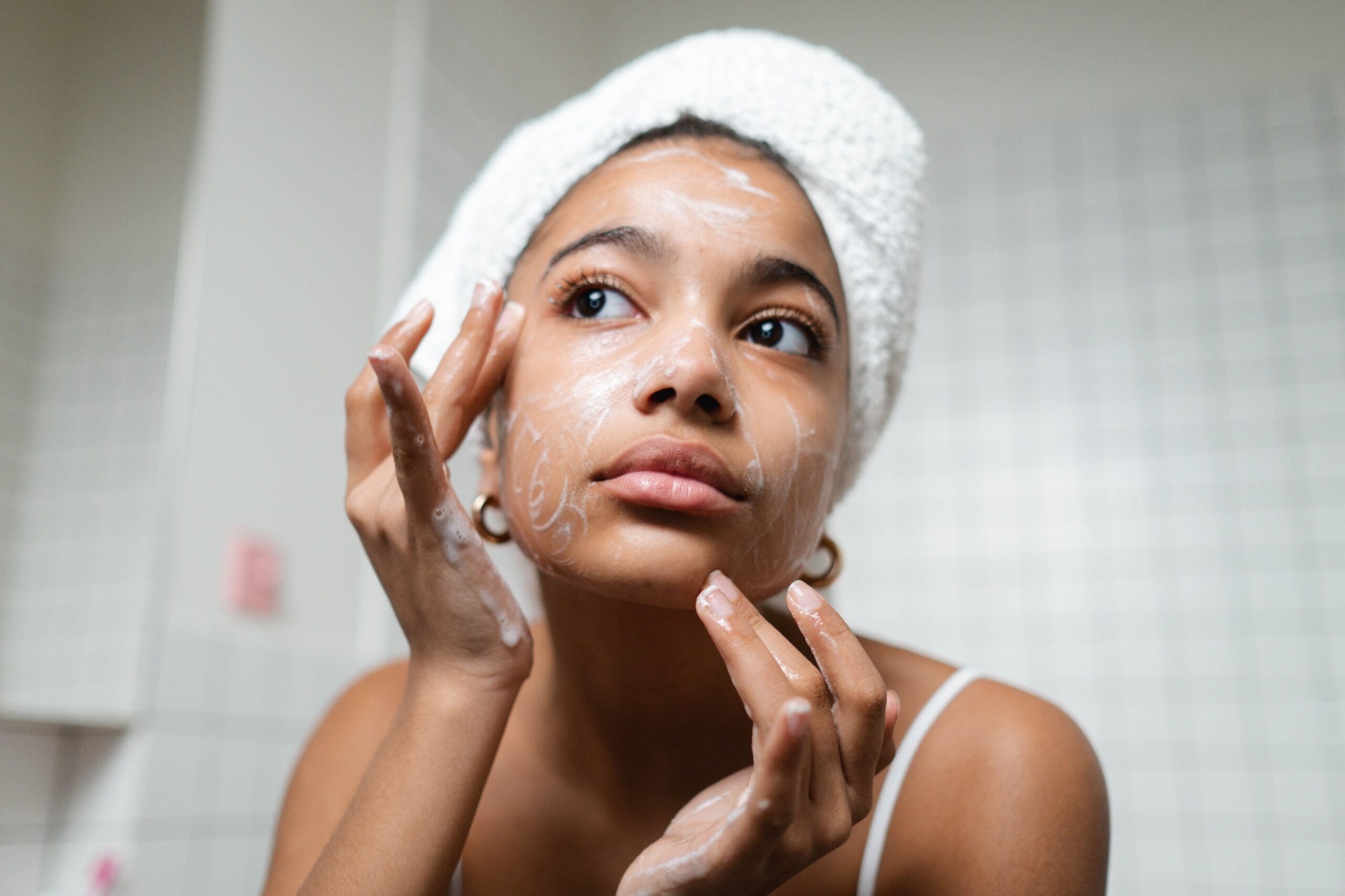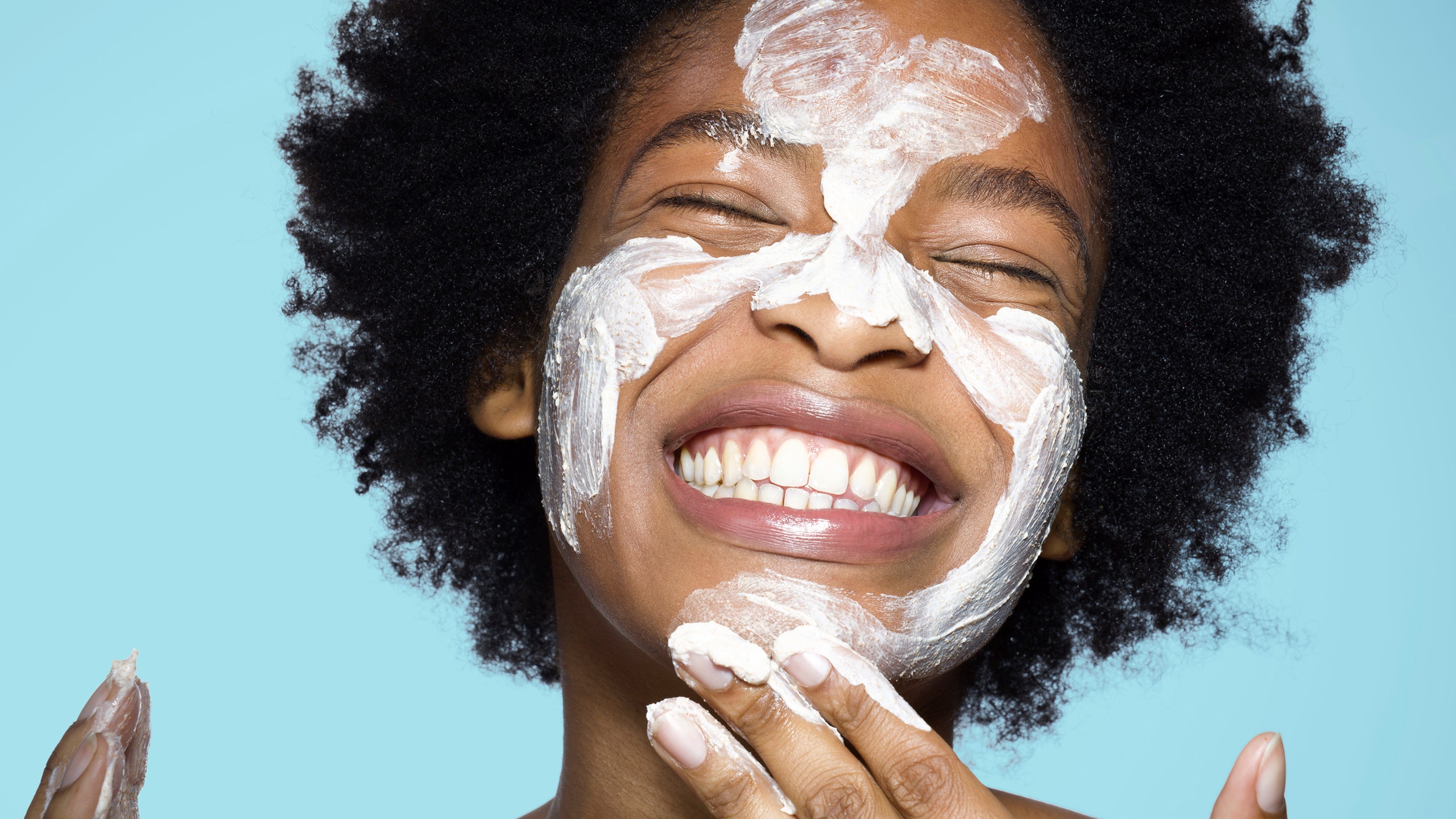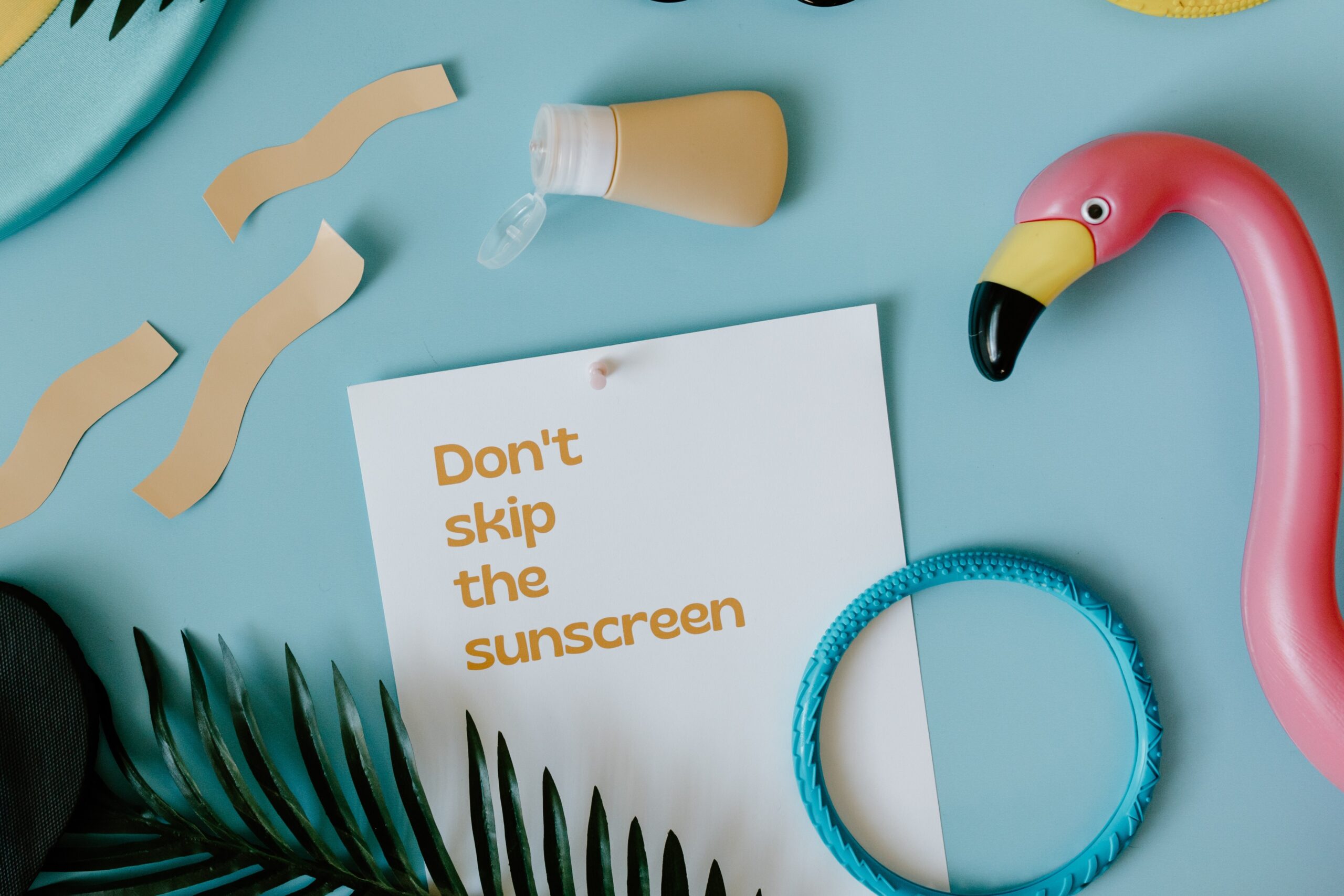
“What time is it? Summertime!” This has to be one of my best songs from High School Musical. Please tell me you saw that movie. If you did, tell me in the comments, let me know my fellow music people even though I can’t sing to save my life.
If you didn’t, then I don’t know what to say to you. I’m just kidding.
https://gfycat.com/equaljoyfulanophelesmosquito
Anyways, its Summer O’ clock, and I just thought I’d help y’all get ready. For some of us, summer might mean going to the beach but it’s not in all countries this is possible yet due to the pandemic, we might as well “summer it out” in our houses.
In this blog post, I’ll be talking about an essential “ingredient” that should not be missing in your summer “spice”. In fact, summer or no summer, sunscreens are essential to our skin.
The sun emits rays that are both useful to the skin and harmful when they become too much. Don’t get me wrong, we get Vitamin D from the sun and that’s a good thing about the sun’s rays, however, when it becomes too much (the rays), it becomes too harsh for the skin to handle and then your skin would literally be screaming for help.
Its time to get your glow on and what better way to do this than to take good care of your skin, after drinking water and minding your business of course. *lol*. This is where sunscreen comes in. Sunscreens just basically protect your skin from the harmful rays of the sun.
One of the biggest mistake people make when it comes to skin is not wearing a sunscreen. A lot of people think sunscreens should only be worn when it’s sunny. Even on cloudy days, you should put your sunscreen on. Eighty per cent of UV rays can penetrate cloud coverage so whenever it’s cloudy, put aside the thought that you don’t have to wear sunscreen. Okay?
Benefits Of Using Sunscreen
We can see that using sunscreen is benefitting to our skin, even in ways we cannot imagine. For example,
- It protects your skin from harmful sun rays.
- It reduces your risk of skin damage and skin cancer.
- It helps to prevent premature skin ageing.
- It helps your skin to maintain an even skin tone.
Choosing a sunscreen
There are so many things you should consider before you should choose a sunscreen.
-
Choose a sunscreen with “broad spectrum” protection.
When you’re choosing your sunscreen, look for the one that is labelled for broad protection against UVA and UVB rays. UVA rays are the ones that contribute to skin cancer and premature ageing, wrinkles while UVB rays cause sunburn. Too much exposure to both of these rays can cause skin cancer. Usually, all sunscreen products protect against UVB rays. Sunscreen labelled “broad spectrum” will protect you against both UVA and UVB rays and that’s what we want!
-
Consider the SPF
Sunscreens contain SPF which is short for Sun Protection Factor. Some sunscreens contain an SPF of 15, some 30 and some 50. SPF is a measure of how long a sunscreen will protect you from Ultraviolet B rays of the sun.
SPF 15 blocks 93% of UVB rays, SPF 30 blocks 97% of UVB rays, SPF 50 blocks 98% of UVB rays.
-
Put your skin type into consideration
Now, this may sound off but your skin is also a determinant to choose your sunscreen. If you have oily skin, you have to be sure that you get a non-comedogenic sunscreen. Don’t say I’ve come with big grammar again. This means that you want to get a sunscreen that will not block your pores. If you have dry skin, you should consider getting a sunscreen that contains hydrating ingredients or moisturizers. This also goes for sensitive skin. If your skin is sensitive, you should opt for a mineral sunscreen.
You should keep in mind that no matter the SPF of your sunscreen, it is ideal that you reapply your sunscreen every two hours.
-
Choose a water-resistant sunscreen
You should choose a sunscreen that is water-resistant for those who might want to swim or those that sweat a lot (exercise, maybe). If you are in this category, you should get a sunscreen that specifies how long it can last while swimming or sweating. Some sunscreens are effective for up to 40 minutes of swimming and others that are very water-resistant can last up to 80 minutes.
-
Get One That Doesn’t Give White Cast
One common excuse people give for not wearing sunscreen (especially people with dark skin) is the white cast that some sunscreens leave on the face. This is because of the inorganic filters zinc oxide and titanium dioxide added to sunscreens. Of the two, one with titanium gives stronger white cast.
In recent times, however, new technologies have made it possible for sunscreens not to leave you looking like a ghost. You can check some out in a post I wrote on best sunscreens for dark skin, I listed some sunscreens that do not leave a white cast on the face.

Where Can You Get A Sunscreen?
You can get sunscreens at Supermarkets, online stores, or walk-in stores.
How To Use Sunscreen
This is very simple and easy to do. Just apply to your body. You can choose to apply on only areas of your body that are not covered, for example, your arms (if you’re not wearing a long sleeve cloth) or you can choose to apply on your entire body. If you’re going to the beach, you should definitely apply it all over your body.
Apart from wearing sunscreen, there are also other methods to protect your skin against the sun’s harmful rays. Note that these methods can also be applied alongside using a sunscreen for efficient results.
- Seek shade during the brightest time of the day. Between the hours of 10 am to 4 pm, it is advised that you limit your direct exposure to the sun because that’s when the UV rays are strongest. But if you need to be outside during those hours, maybe you want to go to the beach, do not forget to wear your sunscreen.
- Wear clothes that will cover up and protect your skin. Clothes such as long-sleeved shirts and hats should be worn to protect as much skin as possible
- Buy sunglasses that block UV rays. You should definitely invest in sunglasses that block at least 99 percent of UV light.
Now tell me, how often do you wear your sunscreen? Do you wear them only when you’re outdoor or when you’re indoor as well? Let me know in the comments. Don’t forget to share this post with your friends.
Before you leave, check out a similar article on Effects Of Blue Light On The Skin
Xoxo,
Mimie Jay

 Previous Post
Previous Post


